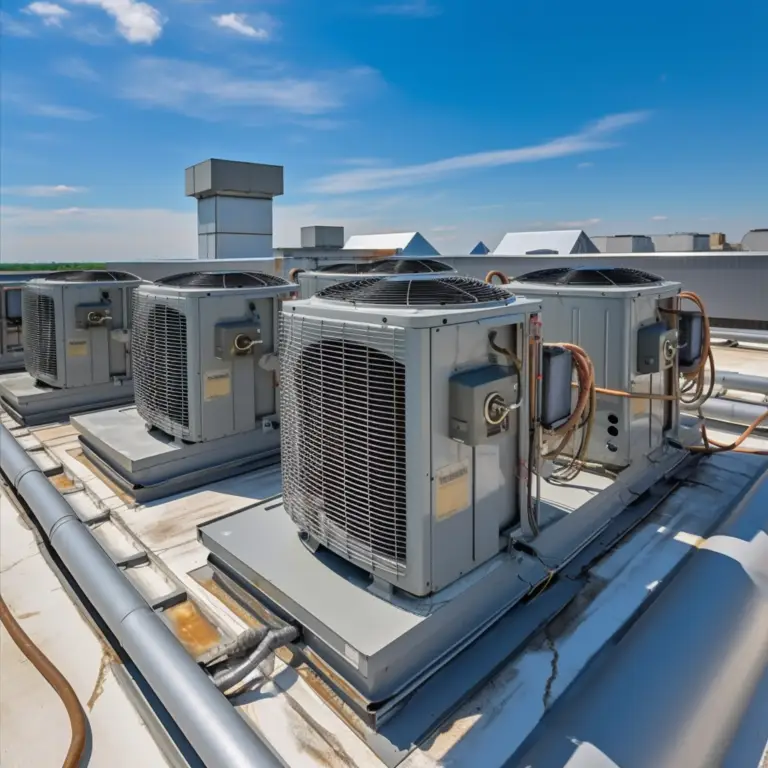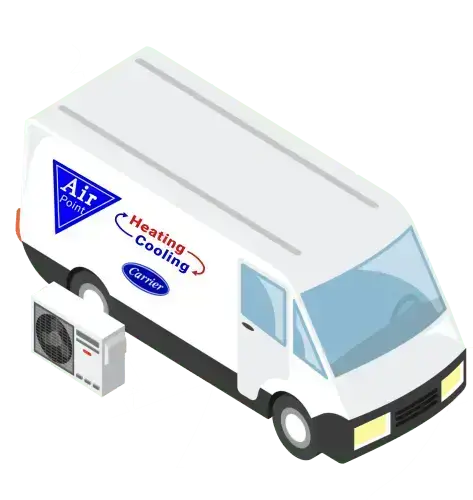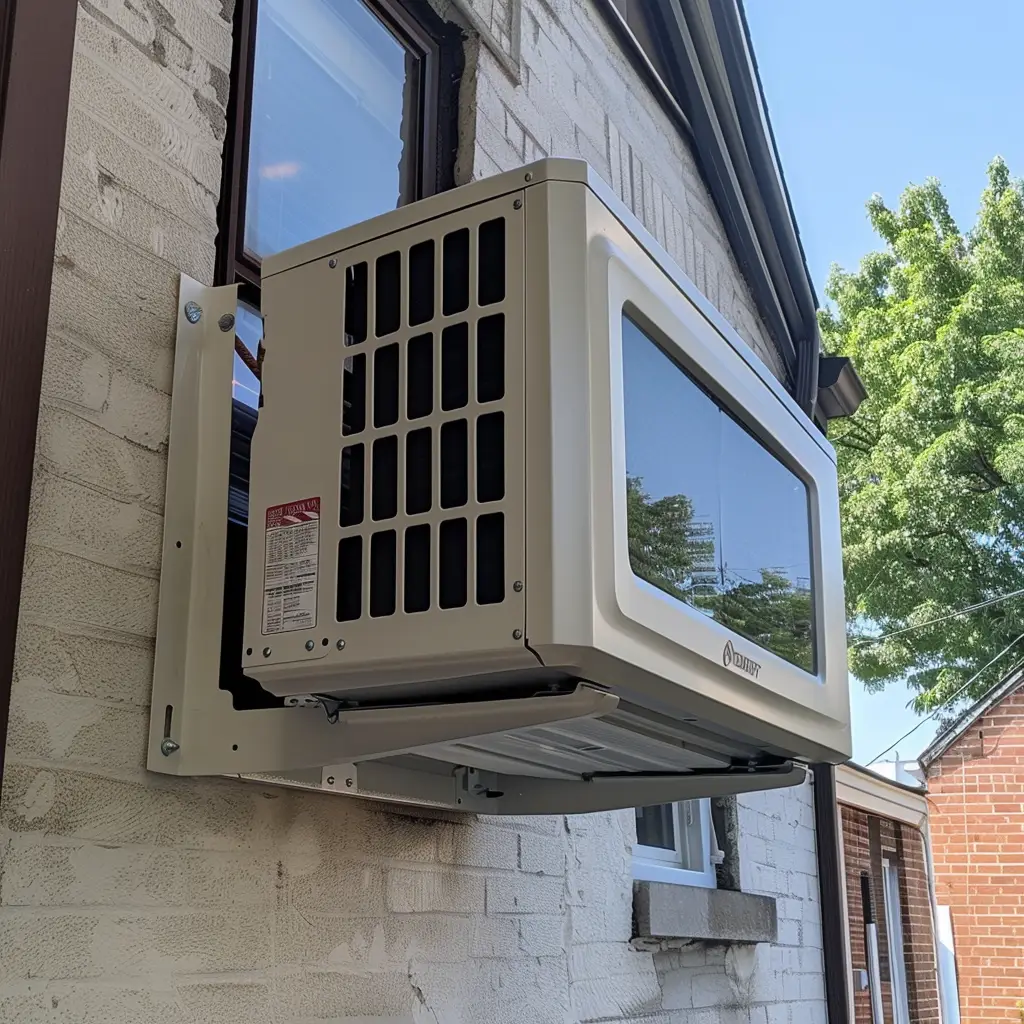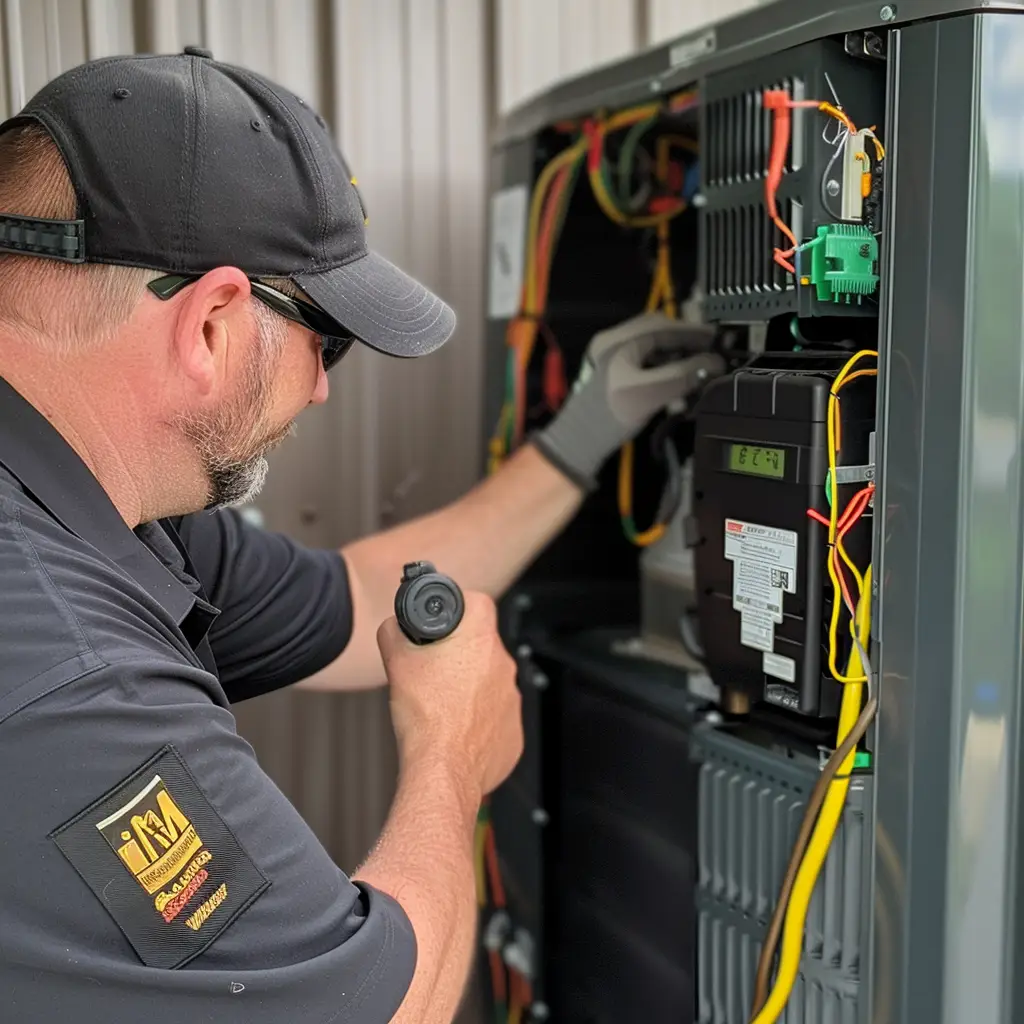In the commercial sector, providing a comfortable environment is not just about aesthetics. A critical player in this realm is the HVAC (Heating, Ventilation, and Air Conditioning) system. But how do you choose the right one? Sit back and buckle up as we navigate the world of commercial HVAC systems together!
Introduction to Commercial HVAC Systems
Basics of HVAC
At its core, an HVAC system regulates the environment within a building, maintaining comfortable temperatures, and ensuring good air quality. A high-functioning HVAC system is non-negotiable for commercial spaces, from offices to shopping centers to hospitals.
Importance of HVAC in Commercial Spaces
But why is it so crucial? Well, the right HVAC system ensures the comfort of employees, customers, and visitors. It can enhance productivity, customer satisfaction, and even health. That’s right – good air quality can lead to improved health outcomes!
Core Components of a Commercial HVAC System
Heating System
Here’s where we combat the chills of winter. The heating element can be a furnace, heat pump, or boiler, depending on your geographical location and the size of your building. Check out what to look for in a local commercial HVAC Company.
Air Conditioning
The counter to summer’s heat, air conditioning cools down the internal environment, making the sweltering weather bearable.
Ventilation System
This part is about more than just a breath of fresh air. Ventilation is vital for improving indoor air quality, removing pollutants and stale air, and introducing fresh air.
Controls and Thermostats
This is the brain behind the operation, regulating temperatures and air quality. A well-programmed thermostat can lead to significant energy and cost savings.
Types of Commercial HVAC Systems
Single Split System
This is the most common type of HVAC system, ideal for small businesses. It’s flexible and allows for independent control of different zones in a building.
Multi-Split System
This system allows for multiple indoor units to connect to one outdoor unit, saving outdoor space and increasing energy efficiency, offering simultaneous heating and cooling and excellent energy management.
Factors to Consider When Choosing a Commercial HVAC System
Size of the Building
You wouldn’t put a tiny rowboat out on the stormy sea, would you? Similarly, the size of your HVAC system should align with the size of your building. A system that’s too small won’t efficiently heat or cool the building. On the flip side, a system that’s too large will waste energy.
Energy Efficiency
Think of this as the MPG (miles per gallon) for your HVAC system. Higher efficiency means lower operating costs and a smaller carbon footprint. Plus, energy-efficient systems often qualify for tax credits or rebates. It’s like getting paid to save the planet!
System Lifespan
When it comes to HVAC systems, think tortoise, not hare. The lifespan of the system plays a key role in your selection. A long-lasting system might have higher upfront costs but will save money in the long run.
Budget Considerations
Of course, you can’t forget the wallet. Remember, the cheapest system might not be the best value in the long run. Weigh all factors before making a decision.
Maintenance and Sustainability of HVAC Systems
Regular Maintenance
Imagine running a marathon without any training. Sounds disastrous, right? An HVAC system needs regular maintenance to run at peak performance. This includes routine inspections and timely repairs.
Sustainable HVAC Options
Green is the new black. Sustainability is increasingly vital in today’s world, and HVAC systems aren’t left out. Look for energy-efficient options and consider renewable energy sources like solar power.
VRF or VRV System
Variable Refrigerant Flow (VRF) or Variable Refrigerant Volume (VRV) systems are suitable for medium to large applications. They are highly efficient
To learn the basics of ventilation for small and mid-size commercial buildings, watch this video by Slipstream
Frequently Asked Questions on Commercial HVAC System Selection
What is the most energy-efficient commercial HVAC system?
Variable Refrigerant Flow (VRF) or Variable Refrigerant Volume (VRV) systems are typically the most energy-efficient options.
How often should a commercial HVAC system be serviced?
Ideally, a commercial HVAC system should be serviced at least twice a year. However, some parts might need more frequent attention.
What is the average lifespan of a commercial HVAC system?
With regular maintenance, commercial HVAC systems can last around 15-20 years.
How do I know if my building needs a new HVAC system?
If you notice frequent repairs, high energy bills, inconsistent temperatures, or poor air quality, it might be time to consider a new HVAC system.
Can a good HVAC system improve worker productivity?
Yes, research shows that comfortable temperatures and good air quality can boost worker productivity.





